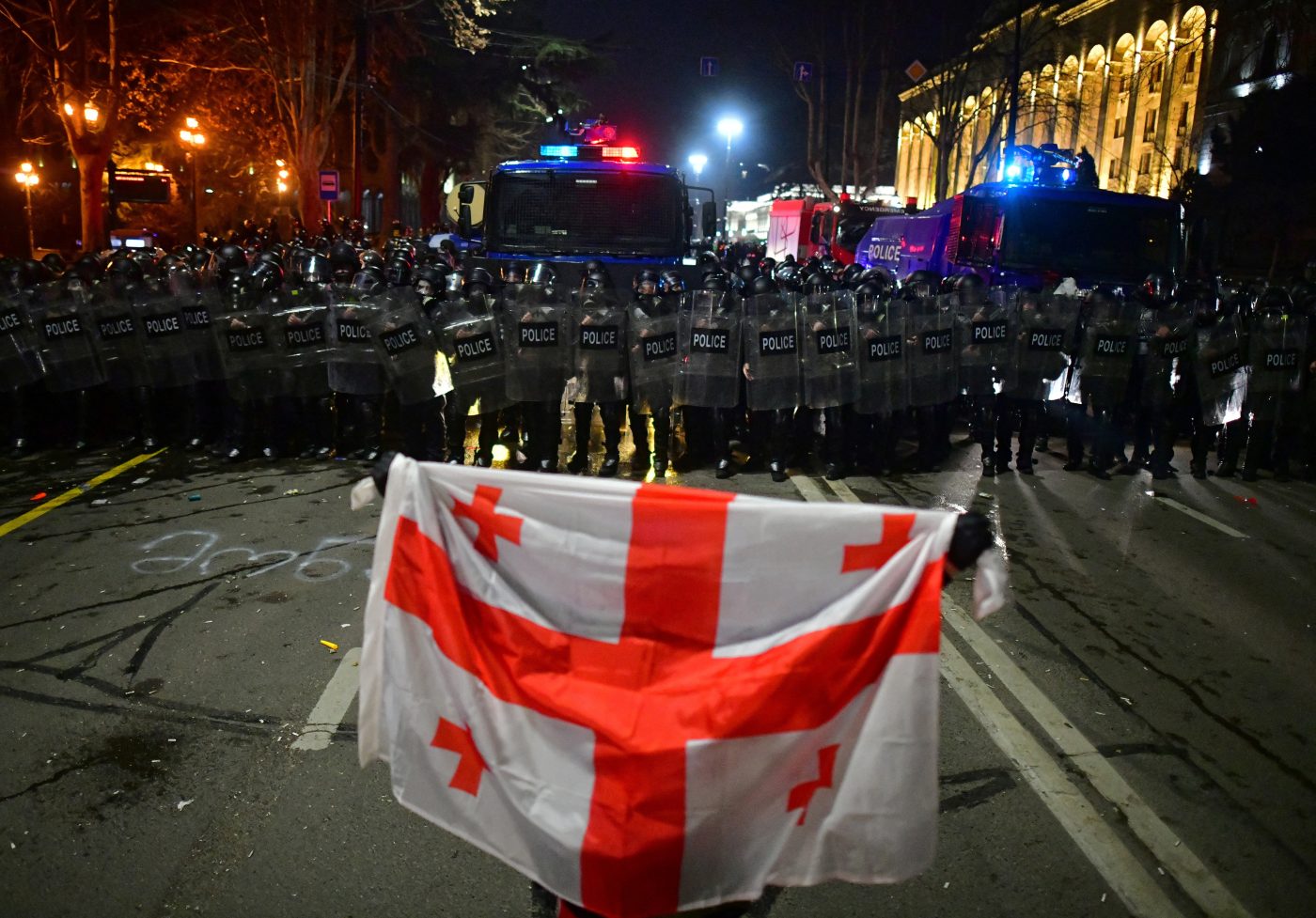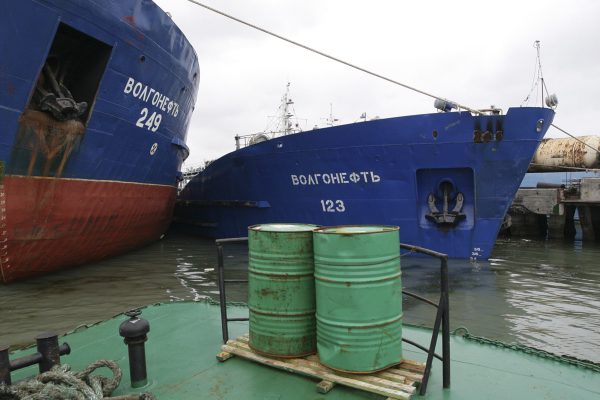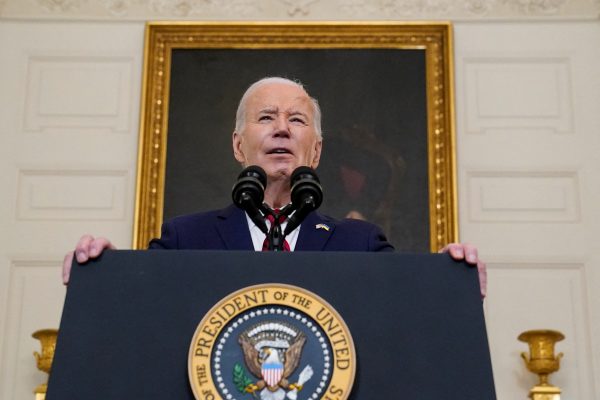Georgia’s ruling party, Georgian Dream, vowed on March 9 to withdraw the draft foreign agent bills from parliament following two days of mass protests. These were not just flag waving — there were serious disturbances, especially violent on March 8, with up to 200 people detained, cars turned upside down, and street fighting in central Tbilisi.
The concession was not enough to stop the protests, which the opposition pledged to continue, with the result that the demonstration on the evening of March 9 was the biggest so far. Apparently rattled, the government promised to formally ditch the draft on March 10 by bringing the bill back to parliament and formally voting it down.
Widespread demonstrations began on March 6 when parliament passed the bill unexpectedly fast. Proposed by the People’s Power movement, and supported by the ruling party, the plan quickly drew slews of criticism from across Georgian society. The response was unprecedented, with scholars, sports stars, musicians, entire universities, and many other influential organizations opposing it.
The decision marks an unusual retreat for Georgian Dream and its founder, the billionaire Bidzina Ivanishvili. Widely seen as the party’s leader, albeit unofficially, he stands accused of keeping close ties with Russia, which he denies. Georgian Dream has called for a policy of non-provocation in dealings with Russia, though opponents say this masks a sympathy for the Kremlin. The decision to adopt legislation modeled on Russia’s repressive foreign agent law, which has been used to crush opposition, deepened those suspicions among the opposition, the wider public in Georgia, and its partners in the West
The dispute may yet have positive effects. Judging from preliminary reactions, the protests have gone some way to destroying the vicious dichotomy which has existed in Georgian politics for the past decade. In the competition between the current ruling party and the former United National Movement (UNM), the former was always victorious by cleverly using the latter’s radicalism and its past mistakes under the rule of former President Mikheil Saakashvili (who has been convicted and is being held in what is effectively a private prison hospital).
The present protests suggest something new may be afoot. They have attracted a much wider section of the population, especially those previously uninterested in political messaging, intra-party competition, and from the politically uncommitted. That broad appeal was perhaps also underlined by a cause that is clear and obvious; a fear of backsliding in Georgia’s integration into Western institutions, something underlined by fierce criticism from the US, EU, and others.
This is not some labyrinthine internal issue. The law’s passage would likely have had tremendous geopolitical ramifications for Georgia’s foreign policy and, most of all, its ties with traditional partners in the West. The legislation is very obviously anathema to law-governed liberal democracies and would take Georgia into a more dangerous orbit.
It is hard to imagine the country becoming fully pro-Russian, especially with the Kremlin still occupying 20% of the country’s territory and with the 2008 war fresh in the collective memory. But this crisis works to Russia’s advantage, however, it was made. Vladimir Putin’s war of aggression against Ukraine has greatly worsened his country’s position in the South Caucasus. Preoccupied with its lengthy and unsuccessful military campaign, the cracks in EU-Georgia ties are an unexpected windfall.
The stakes are also very high for the EU. Western sanctions hampered east-west transportation routes through Russia and Georgia has presented an alternative. The country is the shortest geographic route between the Black Sea and Central Asia, and potentially even China. Meanwhile, it is the major route for new Azeri energy exports to Europe, which will hopefully replace Russian hydrocarbons. Losing those supplies would be a serious development.
Compromise is, therefore, in the interests of both sides. There are numerous common interests. But perhaps the greatest effort needs to come from political groups within the country. Amid the ongoing fulfillment of the 12 oft-mentioned EU recommendations given to Georgia last year, any deviation would risk undercutting the country’s EU candidate aspirations. Tbilisi’s behavior matters a lot.
Ultimately diffusing the present crisis will only begin to address Georgia’s current problems. Ranging from the economic to the (still harder) need to create a more collaborative political landscape, these will take years to address. Ditching a poorly conceived law is nonetheless a good start.
Emil Avdaliani is a professor at European University.
Europe’s Edge is CEPA’s online journal covering critical topics on the foreign policy docket across Europe and North America. All opinions are those of the author and do not necessarily represent the position or views of the institutions they represent or the Center for European Policy Analysis.





